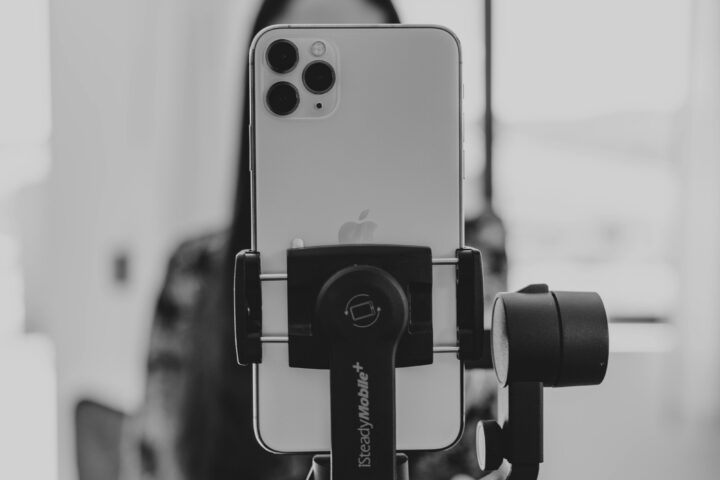It’s no secret that financial stress can take a toll on our mental and physical health. Studies have shown that money worries are one of the leading causes of anxiety and depression. That’s why it’s so important to budget effectively and plan for annual expenses. By taking a little time to map out your spending, you can avoid ending up in a bind come budget time. If you have multiple debts you are struggling to pay off, consolidate multiple debts into a single monthly payment with a consolidation loan. There are top rated debt consolidation programs that you can avail.
One of the best ways to budget effectively is to track your spending for at least a month. This will give you a good idea of where your money goes and where you can cut back. Once you know where your money is going, you can start setting aside funds for specific expenses. For example, if you know you’re going to need new tires for your car in the next year, start putting away $20 each month so you’ll have the money when it’s time to buy them.
It’s also important to remember that unexpected expenses will always come up. That’s why it’s a good idea to have an emergency fund that you can tap into when needed. Aim to save up at least $1000 so you’ll be covered if something comes up.
7 budgeting tips to avoid financial stress
1. Know your monthly net income and expenses. The first step to budgeting is understanding your cash flow, or the money coming in and going out each month. You can use a budget template or budgeting app to track your income and expenses, or simply write it down in a notebook. This will help you get a clear picture of your finances and where your money is going.
2. Determine your monthly adjustable expenses. Your fixed expenses are things like rent or mortgage payments, car payments, and insurance premiums, which stay the same each month. Your adjustable expenses are things like groceries, utility bills, and entertainment, which can fluctuate from month to month. Knowing how much you need to budget for these items will help you stay on track. However, if you encounter an emergency, it would be best to apply for flexible credit for Swedish residents. The flexible rate will only apply to what you use.
3. Build in some flex space for unexpected expenses. No matter how well you budget, there will always be some unpredictability in life. Having a cushion built into your budget for unexpected costs will help you avoid financial stress when those costs arise.
4. Make a plan for large annual expenses. Things like property taxes, car registration, and holiday gifts can add up quickly. Planning and setting aside money each month for these items will help you stay on track when the bills come due.
5. Automate your savings. Once you have your budget in place, automate your savings so that you’re automatically transferring money into a savings account each month. This will help you build up your savings and reach your financial goals.
6. Review your budget regularly. Life changes and your budget should change with it. Reviewing your budget regularly will help you make sure that it’s still accurate and relevant to your current situation.
7. Seek professional help if needed. If you’re struggling to create a budget or stick to one, seek out the help of a financial planner or counselor. They can help you understand your finances and develop a plan that works for you.
















